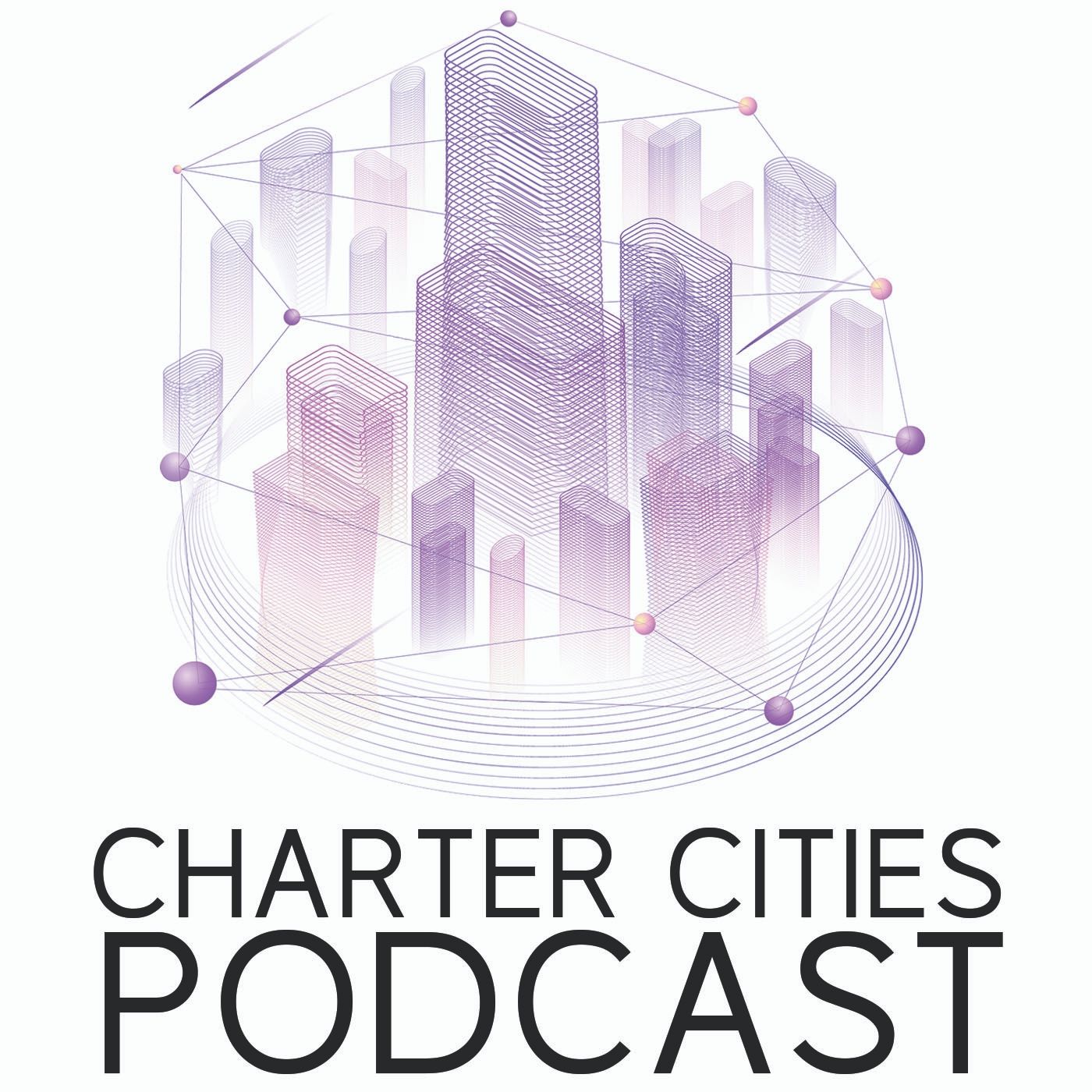Linda Colley on War and Constitutions
Description
Dr. Linda Colley is a leading expert on British imperial and global history, among other topics in British history. Dr. Colley is the M.C. Davis 1958 Professor of History at Princeton University, here today to discuss her newly published book, The Gun, The Ship, and the Pen: Warfare, Constitutions and the Making of the Modern World, which explores the complex interrelationship between the rise of modern warfare and the rise of modern constitutionalism worldwide. After introducing Dr. Colley, and discussing the themes of her book, we launch into a conversation about what drove her to research and write about the topic of constitutions across the globe. Hear about the brief period during 1653 when Britain had its own constitution, before Dr. Colley unpacks the role of printing press technology and the spread of literacy, and explains why building the French navy helped the American revolutionaries, but not the French monarchy. We address Toussaint’s two purposes for the constitutions, which unfolds into a discussion about the extent to which constitutions are not just a domestic tool, but serve an international purpose, with Tunisia as one of our examples. Hear how Japan’s constitution has worked to concede certain rights for its people, learn about James Beale’s vision for governance and modernization, and much more. Tune in for an in-depth discussion on the ever-evolving role of this fascinating type of document today.
Key Points From This Episode:
• Today’s guest, Dr. Linda Colley, expert on British imperial and global history.
• Themes explored in her newly published book, The Gun, The Ship, and the Pen.
• The brief period during 1653 when Britain had its own constitution.
• What moved her to write about global constitutions and their interpretations.
• The constitution drafted in Philadelphia in 1787’s role in influencing the rest of the globe.
• Mechanics of the relationship between war, revolution, and the emergence of constitutions.
• How the spread of literacy and printing presses facilitated codified constitutions.
• Why building the French navy helped the American revolutionaries, but not the French monarchy.
• Toussaint’s two purposes for the constitutions: to eradicate slavery in Haiti, and make it known to France that this is the case.
• The extent to which constitutions are not just a domestic tool, but a play for international legitimacy.
• Tunisia’s different approach to constitution making.
• How Japan’s constitution has worked to concede certain rights for its people.
• James Beale’s vision for governance and modernization.
• The evolution and plateau of the role and rights of women in society.
• Observing the link to the pressures of war within global constitutions.
• How Thomas Paine’s military service impacted his views, and how actual military service influences constitution makers in general.
• Catherine the Great in Russia and Bolivar in South America, and their constitutional influence.
• Tacit borrowings from the British model, and ultra-plagiarism in Norway.
• The best practices approach that can be pulled from all of these methods.
• How constant borrowing results in a final text that is distinct for each...
More Episodes
Imagine Africa built their infrastructure using the same systems as the Western World. Embracing sustainability is a critical element of building a greener future for Africa and the world. Leander Moons is the Founding Owner of Studio OMT Architects, a mass timber architecture and urban design...
Published 04/24/24
Published 04/24/24
How do you take the positive aspects of Silicon Valley, and apply it to a radically different context like developing charter cities? Today, Jeffrey Mason, Head of Research at the Charter Cities Institute (CCI), is joined by Mark Lutter, Founder and Executive Director of CCI, and CEO of Braavos...
Published 04/10/24


